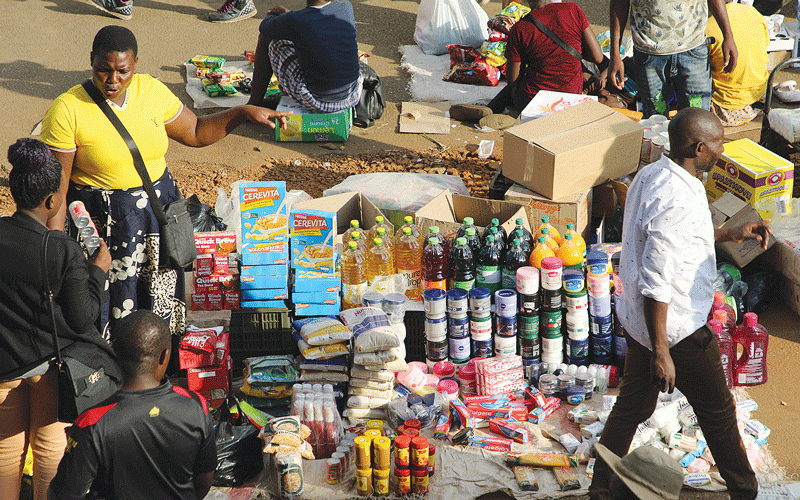
THE government has introduced a new import licence to stop the importation of cheap inferior products, which local manufacturers blame for their many troubles such as company closures.
NQOBANI NDLOVU STAFF REPORTER
Local industries have been negatively affected by the smuggling and importation of cheap products into the country and have called for protectionist policies, like an increase in duty or even a total ban of imports.
A government notice to importers and clearing agents yesterday indicated that targeted products will now go through various quality checks in that country of export before a licence authorising their import to Zimbabwe is issued.
“The (Consignment Based Conformity Assessment) CBCA programme is intended to substantially reduce hazardous and substandard imported products and improve customs duty collection,” the government notice to importers and clearing agents read in part.
“Within this CBCA programme, conformity to standards, a declared value of goods intended to be exported to Zimbabwe will be verified prior to shipment in the country of export.
“Upon satisfactory verification, a CBCA certificate will be issued for the consignment.”
The CBCA programme targets products in various categories like food and agriculture, building and civil engineering, timber and timber products, petroleum and fuel, packaging material, electrical appliances, body care, clothing and textile, engineering equipment, mechanical appliances, automotive and transportation and even toys.
- Chamisa under fire over US$120K donation
- Mavhunga puts DeMbare into Chibuku quarterfinals
- Pension funds bet on Cabora Bassa oilfields
- Councils defy govt fire tender directive
Keep Reading
The notice adds that goods that do not have the CBCA licence will be impounded.
“The business community is urged to inform their suppliers of the implementation of the CBCA programme, the suppliers should then contact Bureau Veritas, the Conformity assessment company appointed for the verification in exporting regions,” the notice adds.
“Any consignment, including goods mentioned here-above, not accompanied with the required CBCA will be refused from entering the country.”
Zimbabwe’s import bill continues to soar as local industries battle many challenges such as high production costs and absence of modern technology, making their products expensive compared to those imported into the country.
According to the Zimbabwe National Statistics Agency (ZimStats), there is an increase in imports as exports continue to decline compared to the same period last year.
ZimStats said the country was spending more than $1 million importing cigarettes, newsprint and toilet paper.
Zimbabwe’s trade deficit was $2,9 billion last year and is projected to narrow by 2% to $2,8 billion this year.
Experts say the relatively high trade deficit points to a continued liquidity crunch in the economy.










